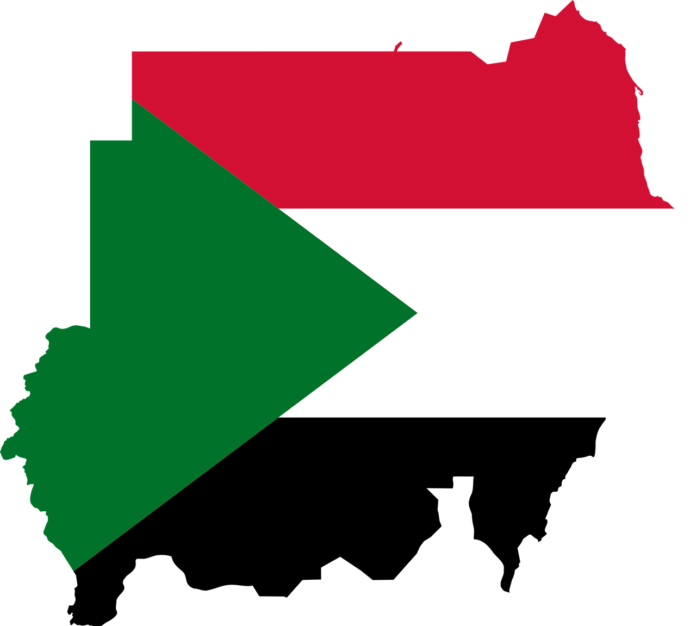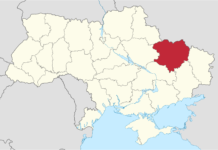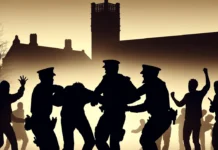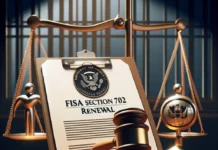Fears of a return to civil war have grown in recent days as fighting between opposing factions in Sudan has intensified. Numerous fatalities and numerous injuries have resulted from the fights, which started on Saturday(4/15/23).
Khartoum, the country’s capital, and Omdurman are the two main battlegrounds. The Sudanese Armed Forces (SAF) and the Rapid Support Forces (RSF) are the two principal parties involved. The RSF is a paramilitary organization that was established to participate in the Darfur conflict, whereas the SAF is the official military of Sudan.
General Mohammed Hamdan Dagalo, better known as Hemeti, is in charge of the RSF. Dagalo, who is powerful in Sudan, has been charged with violating human rights in Darfur. General Abdel-Fattah Burhan, the chairman of Sudan’s Transitional Military Council (TMC), is in charge of the SAF.
In October 2021, a military coup brought the TMC to power. Widespread protests against the coup forced the TMC to establish a power-sharing administration with civilian officials. But internal strife has plagued the power-sharing administration, and the most recent conflicts are evidence that Sudan’s political situation is becoming worse.
The violence has wreaked havoc on the Sudanese population. Numerous people have been hurt or murdered, and thousands of people have been forced from their homes. Additionally, the violence has made it more difficult to provide humanitarian relief and increased the risk of starvation.
The fighting in Sudan has been denounced by the international community. An urgent ceasefire has been demanded by the United States, the United Kingdom, and the European Union. The Sudan issue has drawn the attention of the United Nations Security Council.
A significant hindrance to Sudan’s democratic transition is the violence there. The dreams of the Sudanese people for a better future were severely damaged by the October 2021 coup. The most recent clashes show how far the nation still needs to go to achieve peace and stability.










